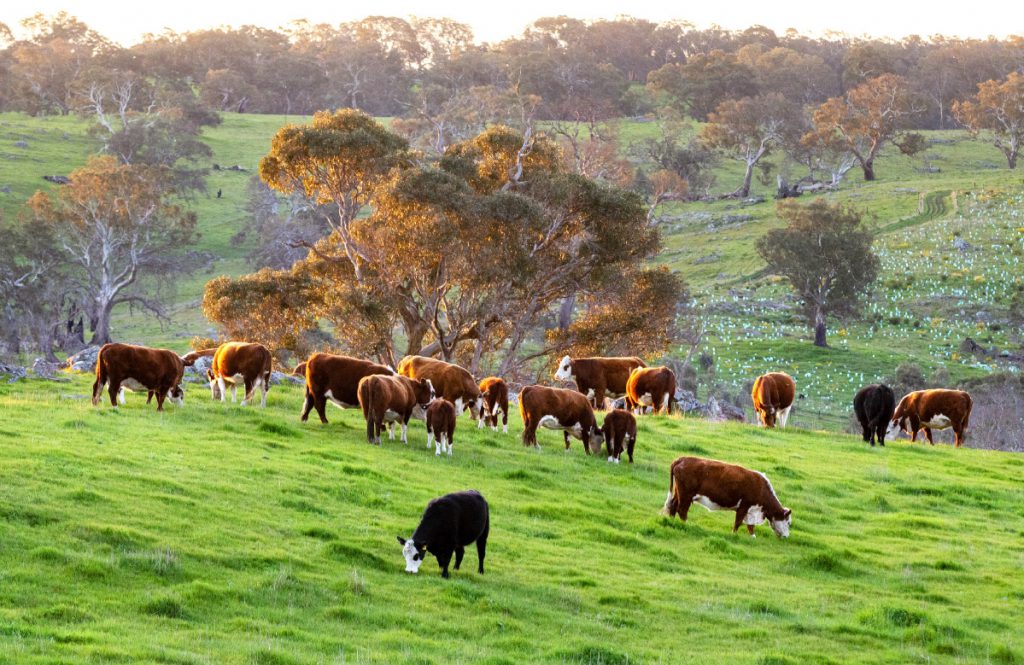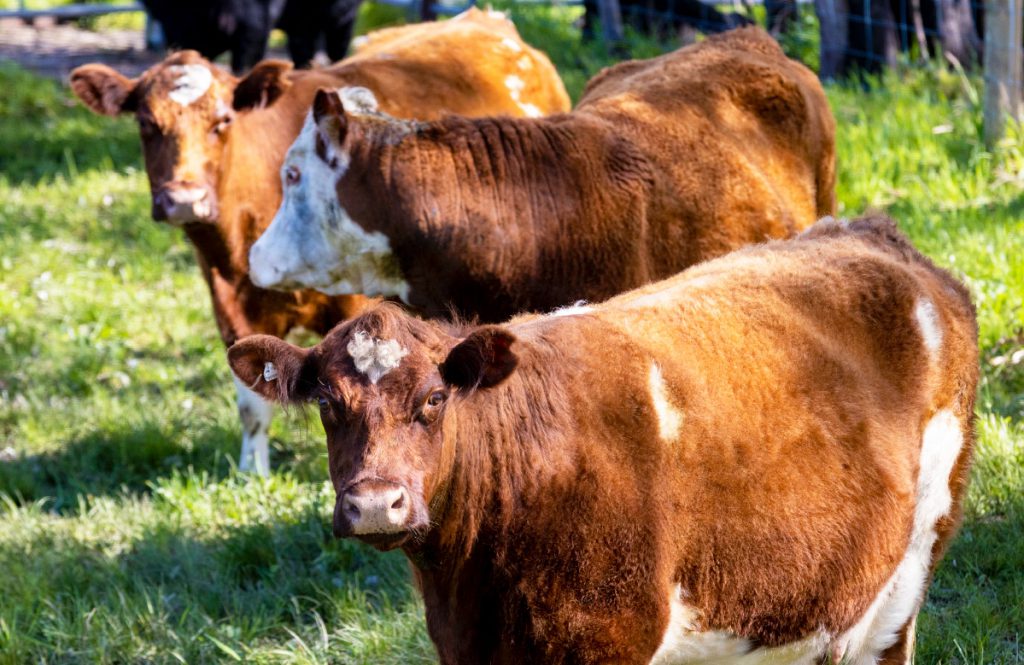There has been a lot of discussion in the media recently about the carbon impact of cattle farming and the broader impact this has on climate change.
The suggestion is that if we stop eating red meat, this would go a long way towards addressing climate change, because grazing animals emit significant amounts of methane (and methane is worse than CO2 as a greenhouse gas).
Does this statement stack up?
While there is an element of truth in it, the story is a lot more complicated than this suggests.
As someone who has been active in the carbon markets and environmental space since 2007, as well as a cattle grazier, I am in a pretty good position to unpack this.
Firstly, before we start telling people globally how and what to eat, we should first start eliminating fossil fuel usage from our economies. Then address some of the more intractable problems that this raises such as airline travel and shipping fuel. Fossil fuels are the key cause of a changing climate, and the extent to which globally we rely on them is the main challenge we face, not emissions from cattle grazing.
Secondly, while it is true cattle do produce methane while grazing, it is not as simple as saying we should remove X million cattle each emitting 1.5t CO2e each year to reduce total emissions. This is because the emissions from cattle are cyclical (grazing draws down CO2 from the atmosphere as the grass grows, and cows burp it out again as methane), while fossil fuel extraction is 100% net positive. That is, every tonne of fossil fuels emitted is one tonne taken out of the ground and added to the atmosphere. Every tonne of CO2 emitted from grazing is not the same as one tonne added to the atmosphere. The Climate Council (Australia) has an excellent explanation of this.
And thirdly, to replace meat with plant-based proteins (for the moment assuming lab-grown meats are too expensive to meaningfully replace meat consumption other than for a small proportion of wealthy buyers), means converting large expanses of agricultural land to industrial scale mono-culture farming of plant protein. Not to mention the carbon intensity and water impacts involved in planting, fertilising, harvesting, processing and distributing plant-based food.
It’s not a simple swap of bad for good.


Having said this, it is true that grazing and cattle farming in particular has a bad rap. It also is true that cattle farming drives the destruction of rainforests in many developing countries around the world, which further reduces the area of trees absorbing carbon. If cattle grazing requires the destruction of large tracts of existing forests, then it is clearly not sustainable.
In Australia particularly, grazing practices inherited from our forebears from Britain and Europe are a poor fit for the fragile, marginal soils in this country, and stock grazing has made this worse, degrading large tracts of land, reducing topsoil and destroying soil health. This has resulted in extensive erosion, falling water tables and desertification of traditional farming areas, and is being exacerbated by a warming climate. If this continues, our agricultural production will be unsustainable.
But this can be reversed with different farming practices for both cropping and grazing.
For example, what if the methods of cattle grazing absorbed carbon in the process of grazing? Surely cattle grazing using these techniques can be sustainable? And wouldn’t this be preferable to replacing red meat production with mono-culture plant crops that achieve the same protein density in plant-based meats? This is possible with a farming model called regenerative grazing.
Regenerative farming in cropping and grazing operations protect and improve the topsoil, and in so doing make a healthy ecosystem for all plant activity, and as an added bonus, absorb CO2 in the process.
Over time on regenerative farms, the topsoil is improved and carbon is absorbed like a sponge.
If cattle graziers apply regenerative principles (high intensity, rotational grazing), then their farming operations can absorb more carbon than their cattle emit by burping and farting. This has got to be a win-win.
Conclusion
So, in conclusion, it is fair to say that current farming practices globally are unsustainable and will become increasingly unsustainable if we continue to farm in the same ways. However, as with all elements of adapting to climate change impacts, we will need to change the way our protein is grown. The good news is that meat protein can be grown sustainably, with a positive impact on the local and global environment.
As more and more farmers shift to regenerative farming principles, consumers are able to make a choice between meat that has a negative environmental impact, and food that is produced with a positive impact.
So, start shopping at farmers’ markets, and ask producers about regenerative farming. You might be surprised by how many have made the change.
Or you can buy our sustainable beef online on our website.